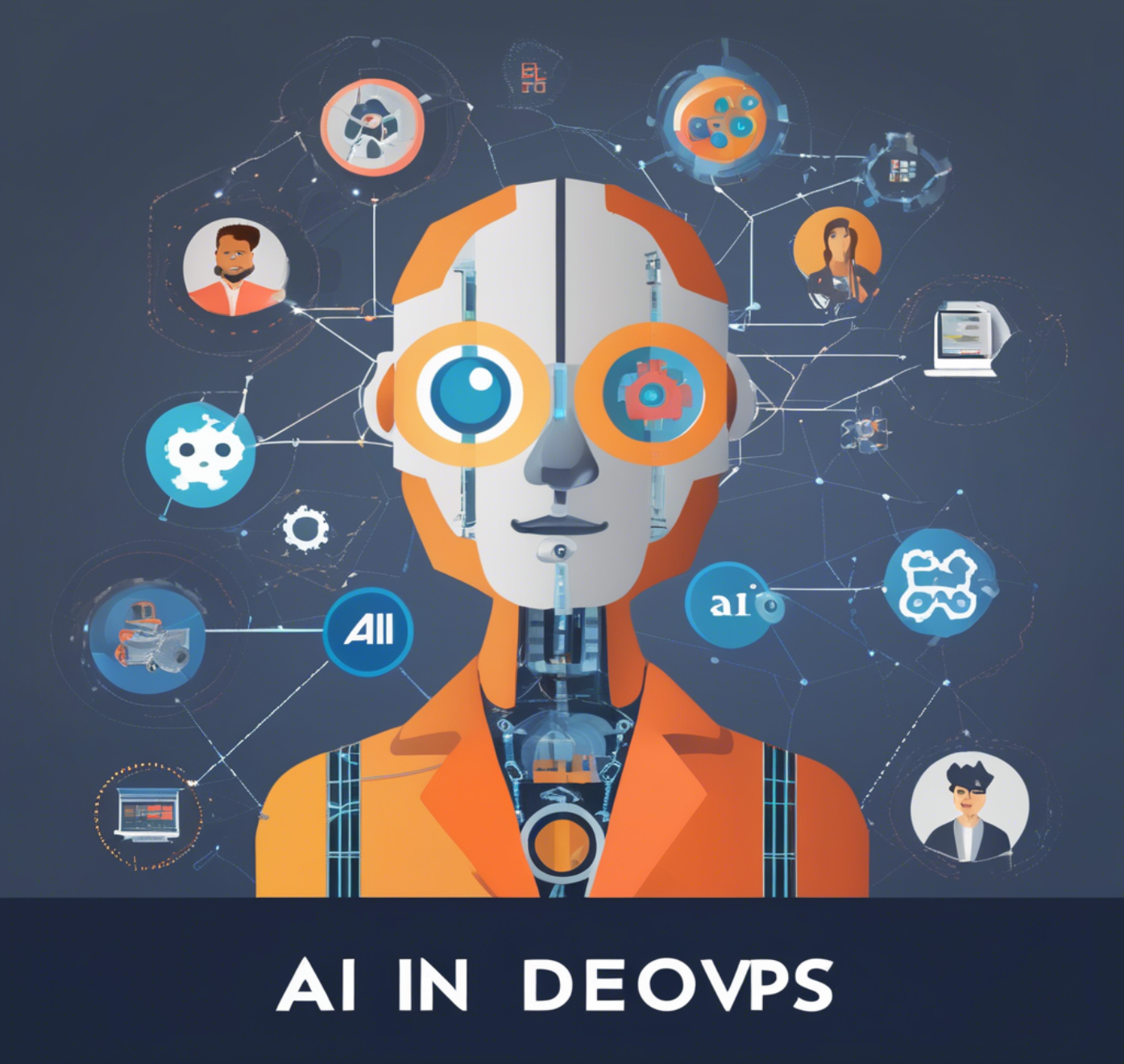
As organizations continue to evolve in the digital era, DevOps implementation has become a crucial strategy for achieving streamlined software development and IT operations. With rapid technological advancements, businesses must embrace cutting-edge methodologies to enhance automation, collaboration, and efficiency. In 2025, cloud DevOps services will play an even bigger role in ensuring seamless scalability, resilience, and cost-effectiveness. This article explores the best strategies for implementing DevOps in 2025 while maximizing efficiency and innovation.
1. Understanding DevOps in 2025
DevOps implementation is no longer just about automation; it now encompasses AI-driven workflows, intelligent observability, and hyper-automation. The future of DevOps relies on:
AI & Machine Learning Integration: Enhancing predictive analytics and anomaly detection.
GitOps & Infrastructure as Code (IaC): Enabling declarative automation.
Edge Computing & Serverless Architectures: Reducing latency and improving performance.
Advanced Security Integration (DevSecOps): Embedding security from the outset.
To ensure successful DevOps implementation, organizations need to adapt to these advancements by integrating modern tools and technologies effectively.
2. Leveraging Cloud DevOps Services
Cloud DevOps services are essential in 2025, enabling businesses to deploy, monitor, and scale applications seamlessly. Companies should focus on the following key aspects:
Multi-cloud & Hybrid Cloud Strategies: Using providers like AWS, Azure, and Google Cloud for flexibility.
Cloud-native CI/CD Pipelines: Enhancing software delivery with Kubernetes, Jenkins, and ArgoCD.
Serverless DevOps: Minimizing infrastructure management while optimizing costs.
Automated Cloud Security & Compliance: Enforcing zero-trust security and real-time compliance monitoring.
By leveraging cloud-based solutions, businesses can enhance agility and reduce operational bottlenecks in their DevOps implementation.
3. Automating Everything: Hyperautomation in DevOps
Automation is the backbone of DevOps, and in 2025, hyperautomation is taking it to the next level. Organizations should prioritize:
AI-powered CI/CD Pipelines: Automating testing, deployment, and rollback strategies.
Self-healing Infrastructure: AI-driven systems that detect and resolve failures autonomously.
ChatOps & AIOps: Using conversational AI for real-time collaboration and incident resolution.
These advancements ensure seamless workflows, allowing developers to focus on innovation rather than manual operations.
4. Observability & Performance Optimization
Effective DevOps implementation requires full-stack observability. Companies should invest in:
Real-time Monitoring & Alerting: Using tools like Prometheus, Grafana, and Datadog.
Distributed Tracing & Logging: Analyzing performance across microservices architectures.
AI-driven Insights: Identifying patterns and optimizing system efficiency proactively.
By prioritizing observability, businesses can significantly reduce downtime and enhance system reliability.
5. Strengthening Security with DevSecOps
Security threats are evolving, making DevSecOps an essential part of DevOps implementation in 2025. Key strategies include:
Automated Security Scanning: Embedding security tools in CI/CD pipelines.
Zero Trust Architecture: Implementing role-based access control and network segmentation.
Runtime Protection: Using AI to detect and mitigate threats in real time.
With robust security integration, businesses can ensure compliance while minimizing vulnerabilities.
6. Cultural Transformation & Upskilling Teams
Technology alone isn’t enough; a successful DevOps implementation requires a cultural shift. Organizations should:
Encourage Cross-team Collaboration: Breaking silos between development, operations, and security teams.
Invest in Continuous Learning: Offering certifications in cloud DevOps services, containerization, and automation.
Foster an Innovation-driven Mindset: Encouraging experimentation and iterative improvements.
By fostering a DevOps culture, businesses can maximize the effectiveness of their implementation strategies.
Conclusion
In 2025, DevOps implementation is more sophisticated than ever, leveraging cloud DevOps services, AI, hyperautomation, and security-centric approaches. Organizations that embrace these advancements will achieve superior efficiency, scalability, and resilience. By focusing on automation, observability, and cultural transformation, businesses can fully harness the power of DevOps and drive continuous innovation in the ever-evolving digital landscape.













Write a comment ...